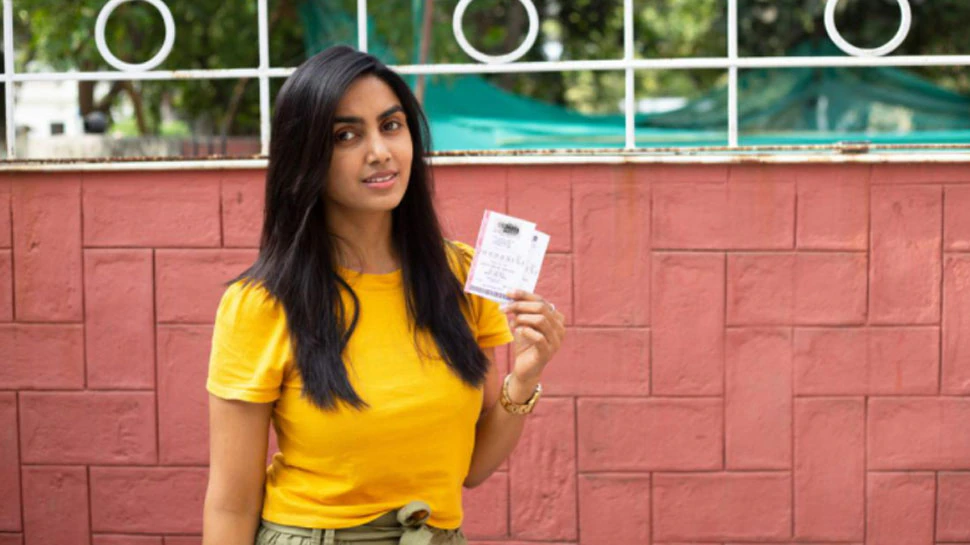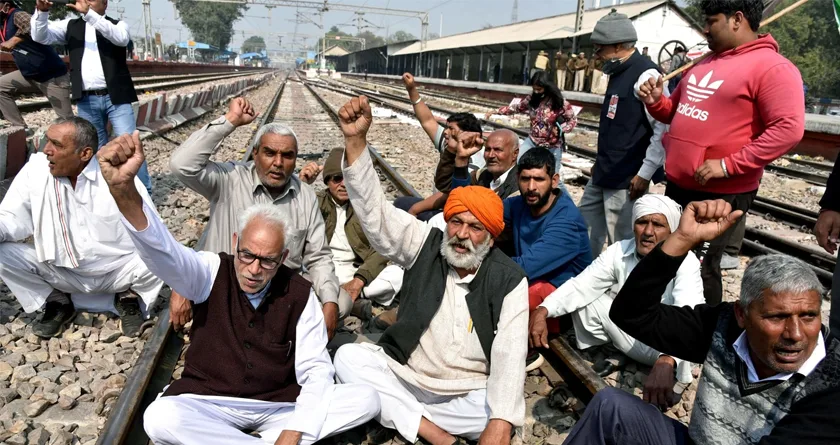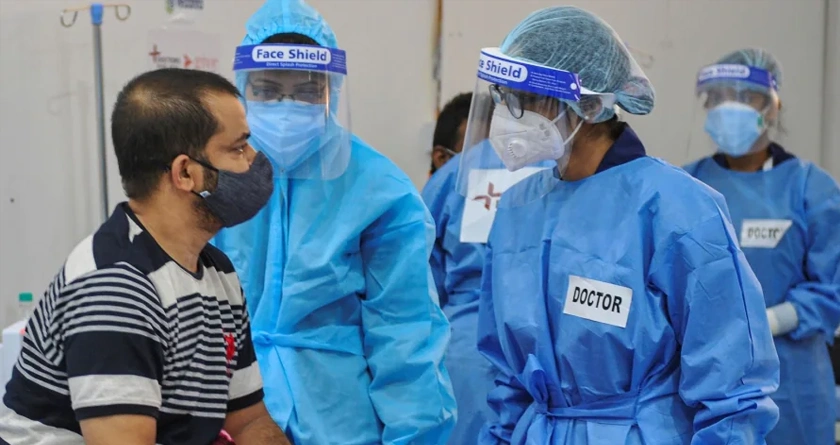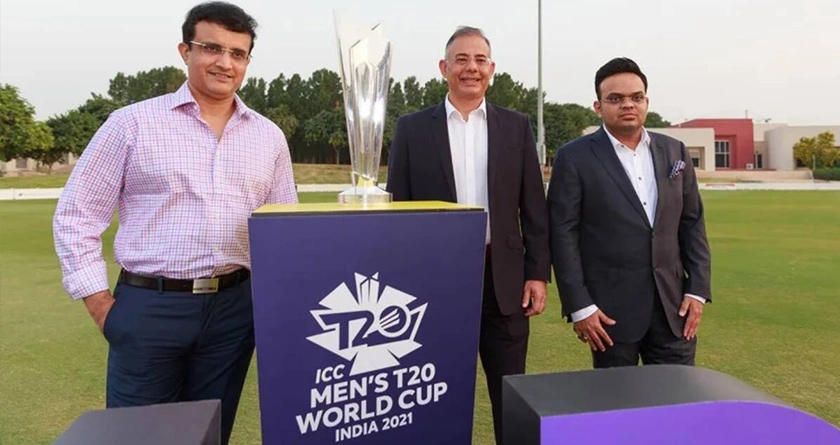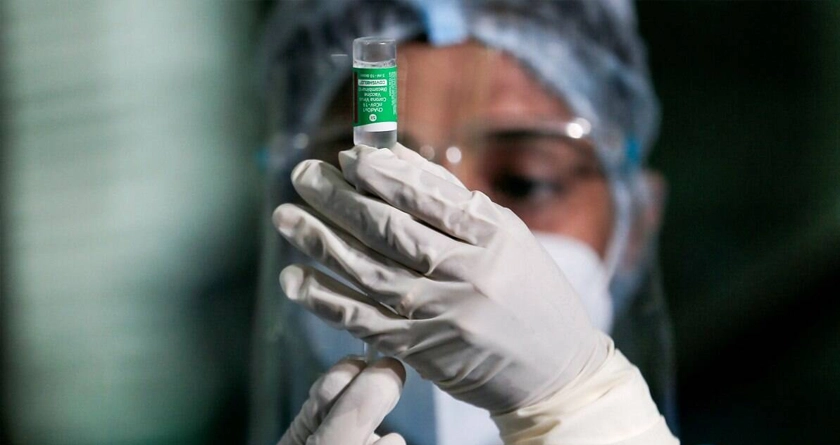
"No Judicial Interference": Writes The Centre In Its Affidavit To The Supreme Court
Centre retorts with an affidavit to SC, learn more…
Monday, 10th May 2021
The central government of India has defended the Covid vaccination policy followed by it through an affidavit submitted before the Supreme Court on the late night of Sunday. This affidavit came from the centre in response to the countrywide criticisms its policy had faced with regard to dose shortages, differential pricing and very slow rollout. The affidavit was submitted to the highest court of India just ahead of the hearing in the court on the charges against the central government.
The affidavit reflected a protest against "judicial interference" and further cautioned that "overzealous, though well-meaning, intervention may lead to unforeseen and unintended consequences".
"In the context of a global pandemic, where response and strategy of the nation is completely driven by expert medical and scientific opinion, there is little room for judicial interference. Any overzealous, though well-meaning, judicial intervention may lead to unforeseen and unintended consequences... in absence of any expert advice or administrative experience, leaving doctors, scientists, experts and executive very little room to find innovative solutions on the go," stated the centre.
"Pricing of vaccines is not only reasonable but uniform across the country (after) government persuasion with two vaccine companies," added the centre.
The centre has furthermore pointed out that the several states of the country had declared their plans to offer vaccination to the age-group of 18-45 yrs free of cost and that the crematorium staffs as well as panchayat staffs in the rural belts, were the "frontline workers" and therefore were eligible for the covid vaccine.
The previous week, the Supreme Court of India had ordered the central government to reconsider the vaccine prices - "to ensure it withstands scrutiny of Articles 14 (equality before law) and Article 21 (protection of life and personal liberty)".
The uproar over the covid vaccine prices took place after the vaccine manufacturers, namely, Bharat Biotech and Serum Institute announced broadly different covid vaccine prices for the Central Government, State Governments and the private hospitals.
While the central government continues to expend just ? 150 for each vaccine dose of either the Covishield by Serum Institute or the Covaxin by the Bharat Biotech, the states are to pay Rs 400 for each Covaxin dose while the private facilities are to pay Rs 1, 200. Similarly in case of the Covishield states are to pay Rs 300 for each dose of the vaccine while the private facilities are to pay Rs 600.
Prices for covid vaccines for the states as well as the private hospitals were higher originally, and came down only after the outrage.
The extensive disparity and differences in the vaccine pricing further resulted in a filthy political storm…wherein the Congress Party accused the BJP-led Central Government of "vaccine profiteering" and reminded it of its "one nation, one price" political war cry in a sarcastic tone.
The centre declared that it would be receiving 50% of the vaccine supply and also that the vaccines are likely to be provided to the various states free of cost. But, no comment has yet come from the centre with regard to the amplified prices of the rest of the 50%
The previous week, the Highest Court of the country stated that by forcing the states to go into a negotiation with the vaccine manufacturers on the specific grounds of encouraging competition and allowing it to look attractive for the new manufacturers, may possibly affect the age group of 18yrs to 44yrs, in case of whom the vaccination has just begun.
The vaccination drive against covid began in the country in the month of January and so far more than 17 crore vaccine doses have been administered to the people but the speed of the drive has still been questioned, with stocks getting exhausted in the several states of India.
Several states of the country, including the country capital of Delhi, Rajasthan, Karnataka and Madhya Pradesh, postponed the initiation of the vaccination drive’s third phase due to a dearth of vaccine doses.
The country’s vaccination policy was derided by ‘Lancet’, the celebrated international medical journal which referred to the policy as a "botched" one and further pointed out that the country’s government had so far vaccinated a meager below-2 percent portion of its net population.
The News Talkie Bureau
Source:
NDTV



